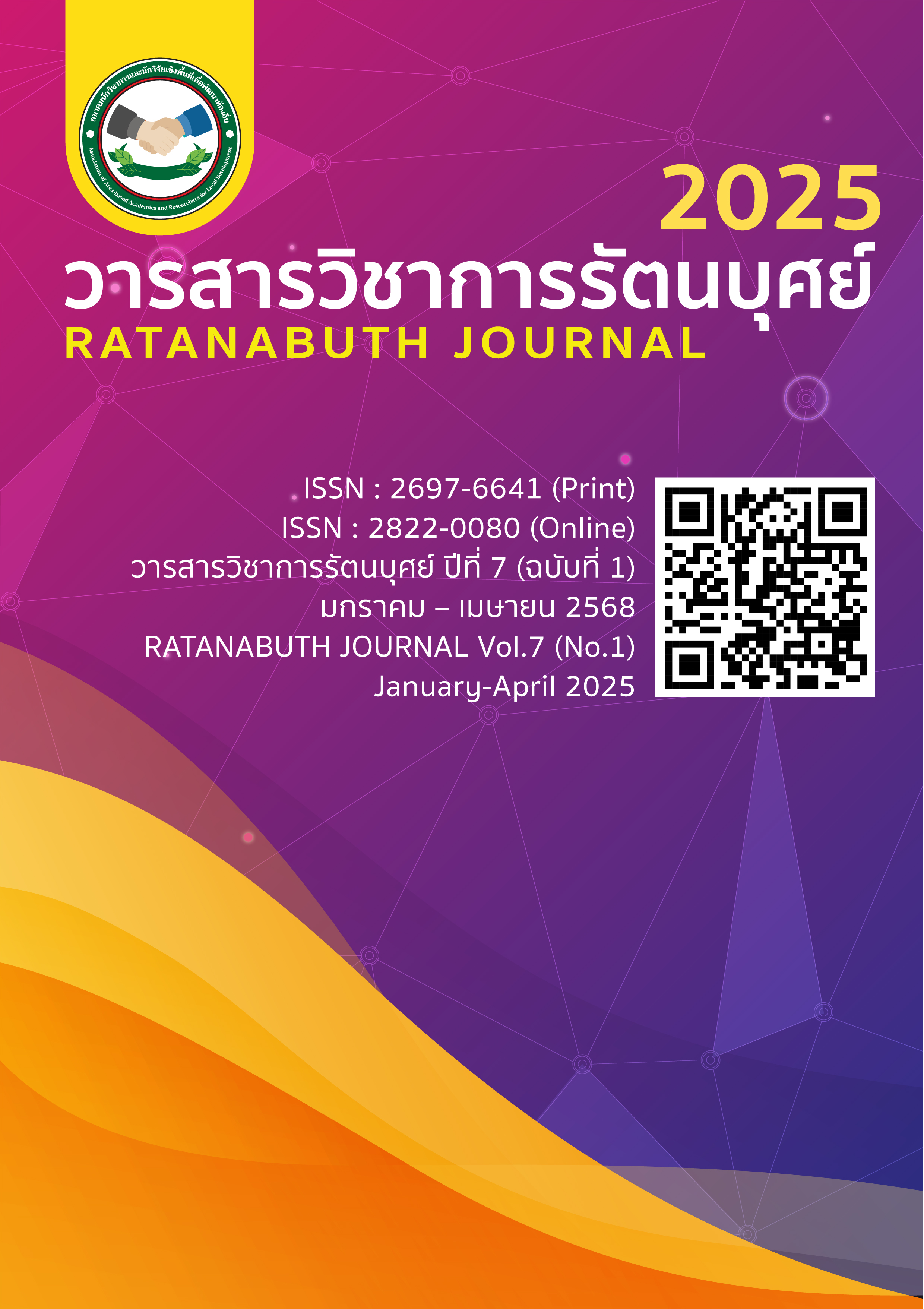Economic development during the government of General Prem Tinsulanonda Economic development during the government of General Prem Tinsulanonda
Main Article Content
Abstract
General Prem Tinsulanonda was the Prime Minister of Thailand from March 3, 1980 to August 4, 1988. Throughout his administration, the Thai economy faced many significant changes, which were caused by both internal and external factors. The government at that time set guidelines and measures to solve the problems and develop the economic structure to be competitive at the international level. The government established the Economic Cabinet to find solutions. The important measures were: developing the capital market to support investment, promoting the export of other products to reduce dependence on agricultural products, calculating the factor table to refund export taxes, expanding long-term loans for the agricultural sector, and negotiating loan projects to improve the economic structure. In addition, the government implemented a policy to adjust the oil tax structure to support the floating oil price system, which helped reduce the volatility of domestic energy prices. In addition to solving immediate economic problems, the government also focused on changing the country's economic structure from relying primarily on the agricultural sector to an economy driven more by the industrial sector. The development guidelines during that time resulted in an increase in the proportion of income from exports of industrial products, focusing on promoting industrial exports and foreign investment. This was an important turning point that helped build the foundation for the Thai economy to grow towards significant economic changes in the long term, enabling Thailand to enter the world economic system with stability and compete on the international stage.
Article Details

This work is licensed under a Creative Commons Attribution-NonCommercial-NoDerivatives 4.0 International License.
References
ผาสุก พงษ์ไพจิตร, & คริส เบเคอร์. (2546). เศรษฐกิจการเมืองไทยสมัยกรุงเทพฯ. กรุงเทพฯ: Silkworm Books.
สำนักงานวัฒนธรรมจังหวัดนครศรีธรรมราช. (2562). พลเอกเปรม ติณสูลานนท์ คนดีในความทรงจำของชาวจังหวัดนครศรีธรรมราช. นครศรีธรรมราช: สำนักงานวัฒนธรรมจังหวัดนครศรีธรรมราช.
สิริลักษณา คอมันตร์. (2531). นโยบายส่งเสริมการส่งออกแปดปีที่ผ่านมาของรัฐบาลเปรมดีหรือไม่. ใน วันรักษ์ มิ่งมณีนาคิน (บรรณาธิการ), การประเมินนโยบายเศรษฐกิจ 8 ปี เปรม (หน้า 80–99). กรุงเทพฯ: คณะเศรษฐศาสตร์ มหาวิทยาลัยธรรมศาสตร์ และหนังสือพิมพ์ฐานเศรษฐกิจ.
Anek Laothammatas. (1988). Business and politics in Thailand: New patterns of influence. Asian Survey, 28(4), 451–470.
Dixon, C. (1999). The Thai economy: Uneven development and internationalization. London: Routledge.
Doner, R. F., & Ramsay, A. (2000). Rent-seeking and economic development in Thailand. In M. H. Khan & Jomo K. S. (Eds.), Rents, rent-seeking and economic development: Theory and evidence in Asia (pp. 145–181). Cambridge: Cambridge University Press.
Hewison, K. (1987). National interests and economic downturn: Thailand. In R. Robison, K. Hewison, & R. Higgott (Eds.), Southeast Asia in the 1980s: The politics of economic crisis (pp. 52–79). Sydney: Allen and Unwin.
Hewison, K. (2014). Considerations on inequality and politics in Thailand. Democratization, 21(5), 846–866. https://doi.org/10.1080/13510347.2014.882910.
Hong, L. (1985). Thailand in 1984: Towards a political modus vivendi. In L. Joo-Jock (Ed.), Southeast Asian affairs 1985 (pp. 319–333). Singapore: ISEAS.
Pasuk Phongpaichit, & Chris Baker. (2000). Chao sua, chao pho, and chao thi: Lords of Thailand's transition. In R. McVey (Ed.), Money and power in provincial Thailand (pp. 30–52). Copenhagen: NIAS Publishing.


